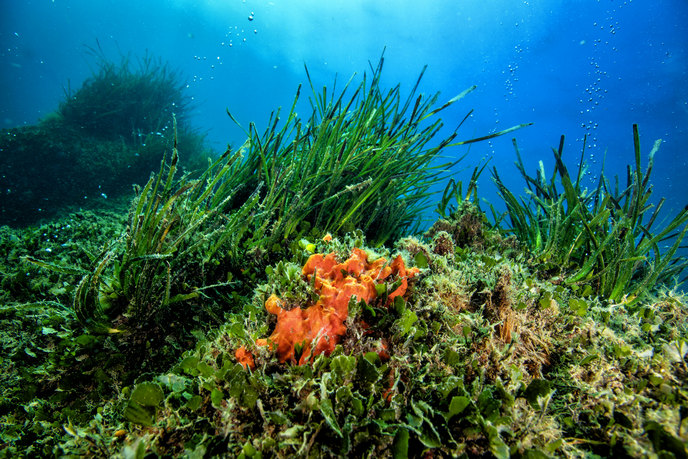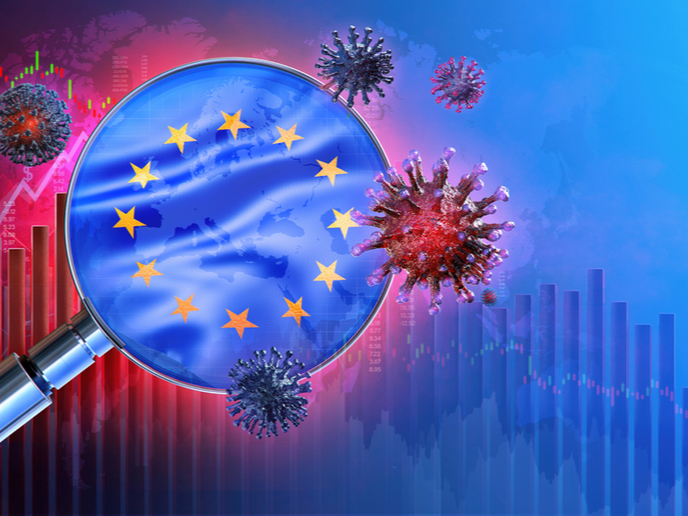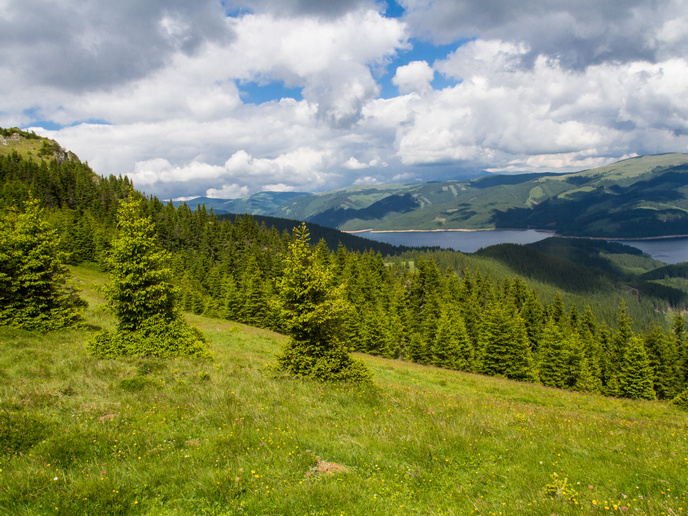From resource to reserve: the evolving identity of the polar regions
The idea of environmental protection in the polar regions wasn’t always about protecting vulnerable environments from people. In the 1940s and 1950s, the United States was more concerned with protecting fragile people from harsh environments. Although this view persists today, it was progressively enriched with concerns over gas and oil exploration, excessive hunting, tracked vehicles and mineral exploitation. Peder Roberts, associate professor of Modern History at the University of Stavanger in Norway and researcher at the KTH Royal Institute of Technology in Sweden, says researchers have only scratched the surface of what is in fact a highly intricate web of evolving perspectives and narratives. “There’s a great deal new to be discovered just by expanding the scope of available material. This is why, with European Research Council funding under the project GRETPOL (Greening the Poles: Science, the Environment, and the Creation of the Modern Arctic and Antarctic), I have been bringing in anthropologists and political scientists capable of working in languages from Finnish to Japanese and from Russian to Spanish. This allowed us to uncover many unknown stories and perspectives on polar environments that go way beyond Anglophone narratives,” he explains. Roberts had two key questions in mind for his project. The first was to ask what the different political and cultural meanings of environmental concerns from 1945 to 1991 were. The second was to ask to what extent these stories were of change, or of continuity, and why. “It’s clear that we can identify some moments of important change,” says Roberts. “We see these in the late 1960s and early 1970s when the Arctic was swept up in the global emergence of environmentalism, in the 1980s when [Soviet leader Mikhail] Gorbachev’s reforms opened up new possibilities for Arctic environmental cooperation, and when debates over global economic justice joined with environmental concerns resulted in major changes in the environmental governance of Antarctica.” These changes were sometimes very rapid, he adds, citing Norway’s legalisation of polar bear hunting in the 1960s before switching tack and taking the lead in a convention to ban such hunting by 1973.
No easy answers
The extent of GRETPOL’s findings is broad. Researcher Tayana Arakchaa came across a corruption scandal involving the Japanese yakuza as she researched the Soviet Antarctic krill fishery, as well as past beliefs that krill had aphrodisiac qualities. Dmitry Arzyutov’s research reveals how Soviet researchers made sense of woolly mammoth remains, which included descriptions of what thawed and cooked mammoth tastes like. In further work, Roberts approached the role played by colonialism in our views of polar regions, and whether this concept could be applied to animals, the rise of Indigenous political movements, and even the significance of the word ‘development’. As he explains: “We’ve been struck, but not surprised, by the consistent sense among governments, bureaucrats, businesses, and much of the broader public that the exploitation of polar resources was inevitable. The question was whether development should be orderly or disorderly. How we went from such views to moratoriums on resource extraction in the Antarctic shows how we should remain very sceptical about claims that any kind of development is inevitable or natural.” We shouldn’t underestimate how quickly attitudes can change. As Roberts concludes: “GRETPOL ultimately doesn’t have easy answers on how to address the climate crisis, but it does make clear that environmental management is not just about picking the best course from the scientifically-informed options available. Defining what constitutes an environmental problem is a matter not just of knowledge, but of the power to say what counts as a problem, and for whom.”
Keywords
GRETPOL, polar regions, Arctic, Antarctic, climate, environment, colonialism, perspective







